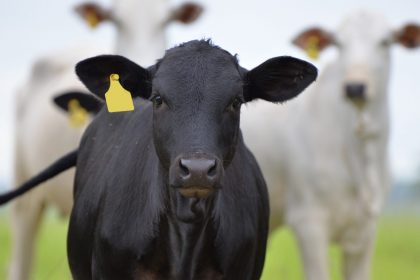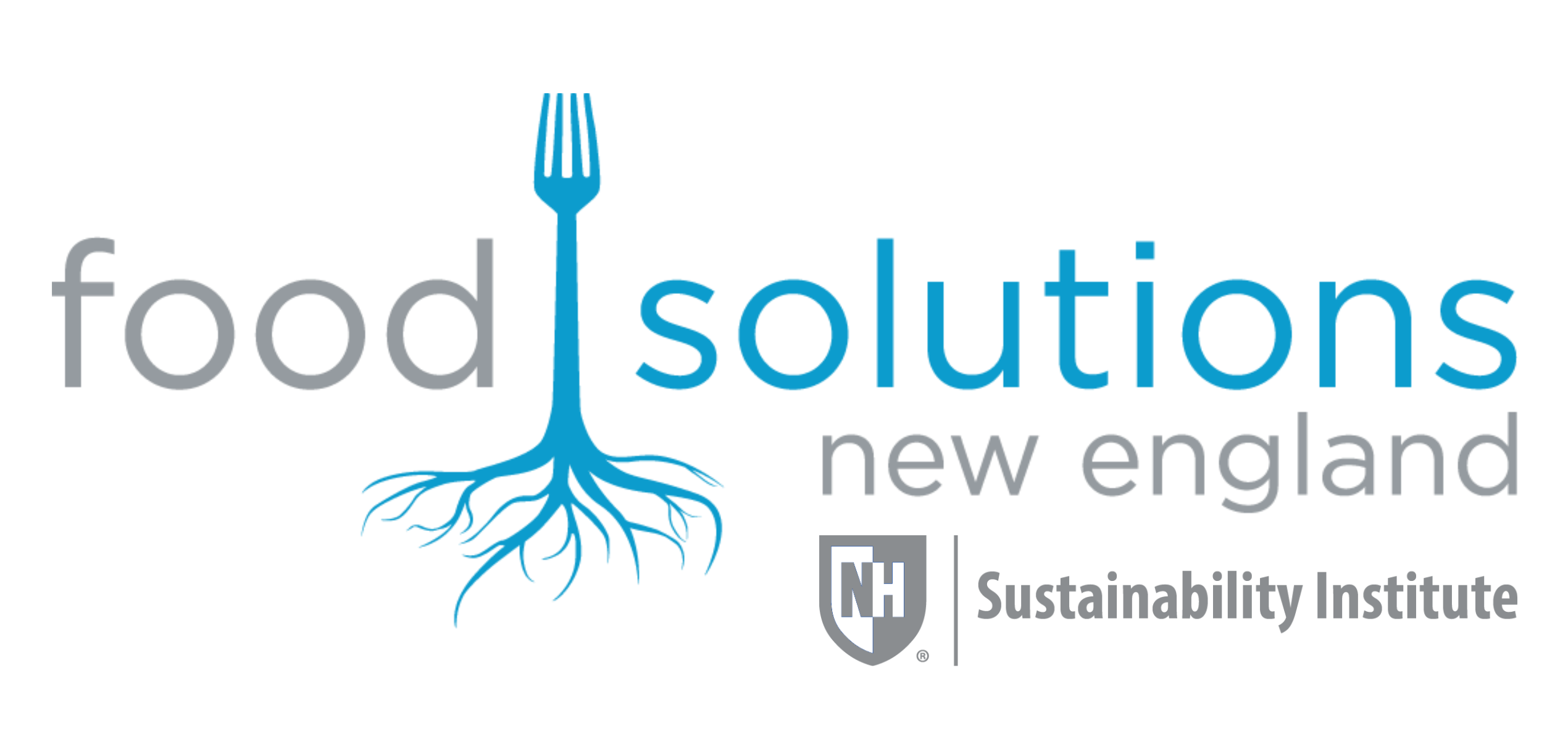
This opinion piece appeared in the Berkshire Eagle
WILLIAMSTOWN — There are 17 dairy farms left in Berkshire County and they are vital to our food supply. Dairy farmers are essential workers who have been laboring round the clock through the pandemic to make milk for us in Massachusetts.
Dairy is the state’s largest agricultural sector in terms of output and job creation and these farms circulate millions into local economies. Thanks to our industry in Massachusetts, we have been well supplied with dairy products during the coronavirus months. Farmers have donated thousands of gallons of milk to feed the hungry, including the one in four children who don’t get enough to eat. (Help the hungry by donating a gallon of milk to a local food bank through the Give a Gallon Campaign: GiveAGallon.com)
With almost a quarter of Massachusetts’ residents experiencing food insecurity since the pandemic began, this is a good time to support farms and strengthen local agriculture. Commercial dairy farms safeguard our food security. Yet they are facing a crisis themselves.
UNFAIR SYSTEM
Even before the pandemic hit, milk prices were on a five-year slide. Consumption was on the decline and farmers took another hit last year when President Trump started a trade war with China, a major overseas market for dairy. Then this spring, virtually overnight, sales halved as food services and restaurants closed to combat the spread of COVID-19.
Jim Larkin, who runs a 350-cow farm in Sheffield, is one of many farmers who fears he won’t be able to save his business. After five years of low milk prices, he’s already built up as many years of debt paying for feed, seed and fuel. He and his counterparts are selling each 100 pounds of milk at $7 below what it costs to produce it.
“We can’t produce food for free,” Larkin, “We’ve been carrying the consumers who eat for less than cost.”
The system is unfair to our essential farmers.
Massachusetts has 117 family dairy farms. They produce enough milk to supply half the state’s needs. Four major dairy plants across the state — Hood, Garelick, Friendly’s, and Agri-Mark Cabot — bottle and process milk, cream, butter, yogurt, cottage cheese, and ice cream that supplies supermarkets and mini-marts. Several other dairy farms produce and process their own products.
“We are in danger of losing a critical part of our food supply when we need it most, said Ed Townley, chief executive of Agri-Mark Cabot Creamery.
It’s risky to rely on other regions for 90 percent of our food, especially when it means dependence on dwindling Midwestern aquifers, California’s unreliable water supply, and long-haul trucking. We can’t afford to take our farmers for granted anymore.
The federal milk pricing system disadvantages New England dairy farmers. We can’t do much to change that pricing system, but we can use our purchasing power at the grocery store. We can befriend and defend the farms in our communities and we can support state programs like the Dairy Farm Tax Credit, which has kept our farms afloat when the milk price takes a plunge (every month this year), and the Agricultural Preservation Restriction Program, which keeps farmland affordable for farmers.
CONSIDER THE SOURCE
June is National Dairy Month, a time to express gratitude to farmers. As you sip your iced coffee, dig in to your pizza or enjoy an ice cream cone this month, take a moment to consider the source of the milk, cheese and ice cream. There’s a good chance it was produced and processed in Massachusetts.
Milk is an affordable, vegetarian, protein-rich local product made from grass converted by a cow into a low-fat food packed with all nine essential amino acids that humans need. Made from grass, it’s the original plant milk, but more nutritious than its imitators. If you’ve switched to “milk” made from almonds grown in California, soy from Brazil, Midwestern oats, or Southeast Asian coconuts, consider switching back to cow’s milk for dairy month.
Massachusetts is more food-sufficient for dairy products than for any other food, yet the industry is under threat. Buying Massachusetts’ dairy products supports our farmers, our farmland, and ensures our future food security.
Sarah S. Gardner is associate director of the Center for Environmental Studies at Williams College. She was the producer of “Forgotten Farms,” chairs the Williamstown Agricultural Commission, and is a trustee of Berkshire Grown.




